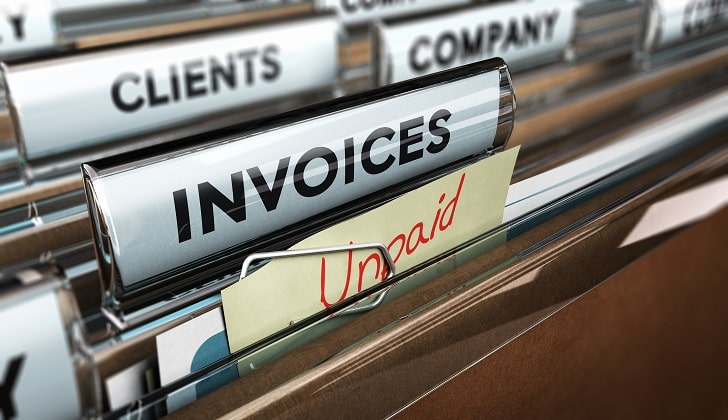You have given your best of freelance service to a client who has approved it. You expect him to fulfill his side of the deal but to your surprise and shock, he is not ready to pay you or at least has no intention of paying without being pushed. What do you do with such non-paying clients? Before doing anything, determine why the client is not paying. Is it unwillingness or is it inability? Is it something to do with the quality of your work? After establishing this fact, here are some suggestions you can use to get your money.
Have Proactive Measures in Place
As a freelancer, have a payment structure in place. This can include clauses that touch on any advance payments your client has to make and how and when the balance will be paid in relation to the completion of the job. If the job is a huge undertaking, have milestones in place where part payments are made on reaching them. With this in place, you have the chance of ending the contract if the client is not keeping his side of the bargain. You will do this early enough before investing Too much of your time and energy in the project.
Ask
Initially all you might need to do is to ask for your unpaid money. You might be surprised that your name was missed inadvertently when others were being paid. It might be true that the ‘check is really in the post’. A polite reminder may be a better approach than to go on the offensive without all the details.
Some clients could be having cash-flow issues and may be willing to pay in bits over a period of time. You may have to show your reasonableness and go ahead with this arrangement.
Demand and Be an Irritant to Them
When diplomacy doesn’t work, demand to get paid. One way to do this is to irritate the non-payer with endless calls, emails and even snail-mail. Call them every day or several times a day. When your calls are not answered, leave voice messages on their answering machine. If you are dealing with a corporation, call their headquarters and do not relent until you get paid.
Quality of Your Work
If the client feels that your work did not meet the quality threshold they expected, be ready to review the job in consideration to their concerns and determine whether what they want is contrary to your agreed terms. Be ready to apologize and revise the work or accept a lower pay. To avoid such a situation, always give top-notch freelance services. Under-promise but over-deliver and your clients will love you for it.
Evaluate What You Are Demanding and the Cost of Doing So
It might be easier and tempting to go to court for arbitration. But court processes are not only expensive but in most cases painfully slow. If the cost of demanding your money is higher than what you are expecting from the nonpaying client, consider cheaper methods of doing so. This may involve going to consumer groups for assistance or putting the issue in newspapers that have such columns. If the nonpaying client gets a call from such areas, it might prompt them to pay immediately.
If the amount involved is substantial and you have exhausted all other ways, then seeking legal redress may be the last necessary action to take. Still this is a challenge if the nonpaying client lives in a different jurisdiction governed by different laws.
Freelancing is tough and so put measures in place to minimise chances of not being paid your hard earned money.
- Brand strategy: secrets that are not shared - February 2, 2024
- Crafting Visual Narratives: The Role of Motion Graphic Design in Digital Storytelling - January 23, 2024
- Unleashing Insights: Navigating the World of Data Science for Informed Decision-Making - January 23, 2024

